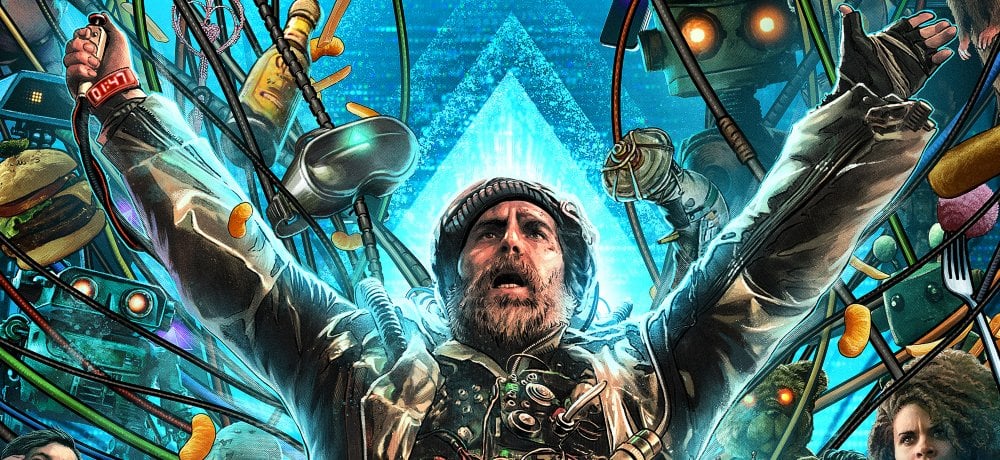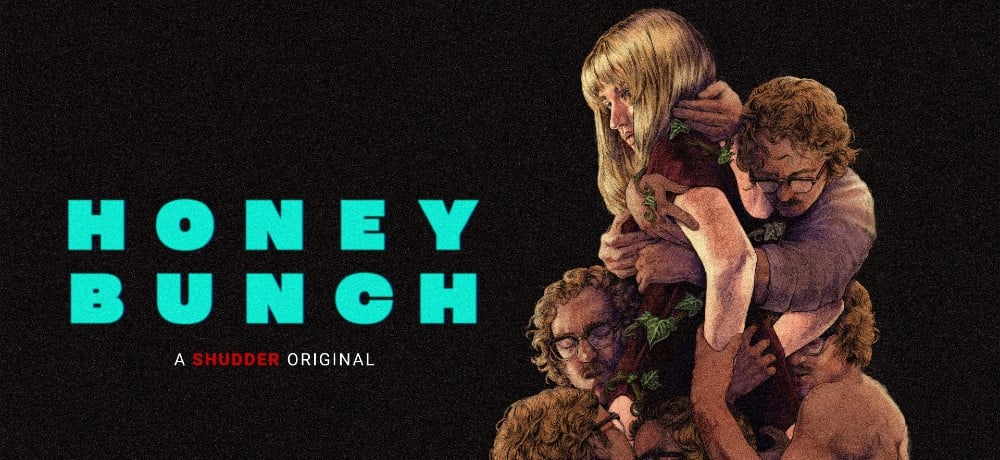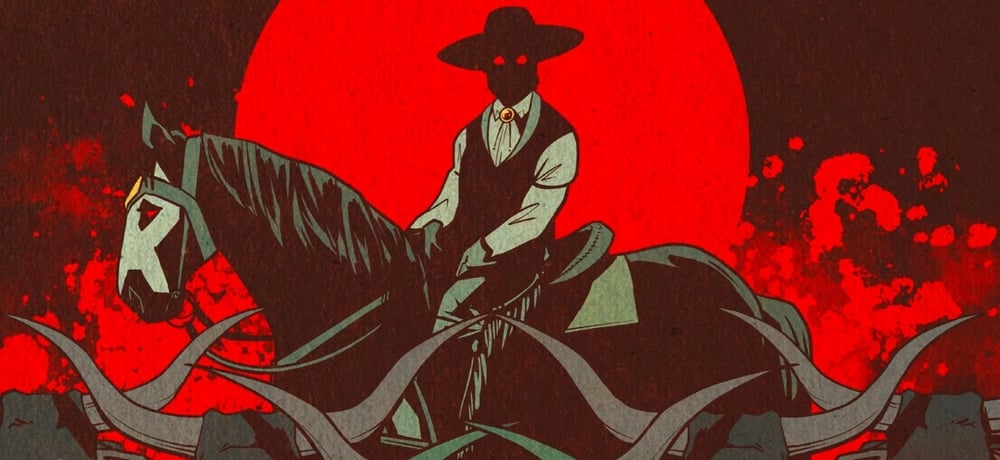





Modern horror fiction that is both original and classically satisfying is difficult to find. So many stories have been brought to paper already, it’s hard to find a plot that has not yet been explored. Many authors must set about exploring these stories from unique, often amusingly clever, angles, but in doing so the story loses its classic power to scare. Literature has not quite exhausted its power, though—not even close. There are authors who can do both at once, some even while leaving a tear in your eye. Stephen Graham Jones is one of these authors.
This man has written fifteen novels and over two hundred short stories. In addition to being prolific, he’s a masterful prose stylist and an ingenious constructor of plots. His stories drip with melancholic wit, Carver-esque insights to human sadness, and uniquely sharp narrative voices. This is put on display brilliantly in his collection After the People Lights Have Gone Off. It’s a best-of compilation of sorts, filled with stories that ooze homage to their predecessors—from Lovecraft to urban legends to zombie cinema—while still crafting terrifying narratives. Werewolves stalk, zombies come back to haunt their living counterparts, aliens invade; and they all go after characters who feel utterly rooted to the real world.
Each morsel in the collection gives its own unique example of this skill. “Xebico” watches a man delve into a Lovecraftian story for dramaturge research, only to find himself convinced that the story called to him for a purpose. “The Dead Are Not” offers a cosmic and existential explanation for the zombie apocalypse when aliens warn a man of doom at his wife’s funeral. “The Spindly Man” evokes the devil, who punishes people by forcing them to recall the moments they thought they saw him last. “Brushdogs” is full-on cosmic (Laird Barron-esque, to be specific) terror, encountered by a blue collar father-and-son hunting team—a parent’s worst nightmare. Jones knows and loves all horror culture, and references it without shame, but always creates his own tale in the process. He’s a master of this, but he isn’t just paying homage. He riffs on classic themes while creating his own original, brilliant narratives.
One of these stories becomes a full novel in Mongrels, a far more complex riff on Jones' “Doc’s Story.” Both works make werewolves a wicked sharp commentary on classism and racism. The wolves are outcasts, always hunted, forced to uproot constantly because they’re different. Mongrels explores this in great detail, with characters coming up against cops, being picked on at school, and hunted even by their own kind. The protagonist is an outcast among outcasts—a relative of wolves but not a wolf himself. It’s a deeply emotional look at this mythology, turning it into a completely tangible part of our world. It also loses no power making these statements; Jones writes the wolves with fierceness, providing gleefully grotesque transformation details while also incorporating that same eerie melancholy that pervades the best werewolf films.
This emotional core exists through all his work. “The Dead Are Not” may be an alien-zombie hybrid, but it’s driven by a sense of insane grief. “Xebico” features a man longing for purpose and finding his world empty. The titular story of his collection, “After the People Lights Have Gone Off,” shows a house haunted by a couple’s lost potential. His stories aren’t only unique because of their inversions or twists on classic tropes; they also radiate with tragedy and personal anxieties, fears that we can all recognize. Here they’re just larger and more dangerous.
Jones’ writing is a triumph of genre fiction, proving that one can be classic, original, and personal all at once. His stories are full of heart, cold and monstrous as they may be at times; his characters are raw, hurting human beings who encounter otherworldly terrors and face them with an admirable sense of humor. They’re loving creations of horror fiction, scary and funny and sad—they respect their genre while making it their own. Of course, these stories can open wounds; they have jagged edges that cut. This is the mark of good genre writing, the type that can thrill and leave a lasting scar afterwards.